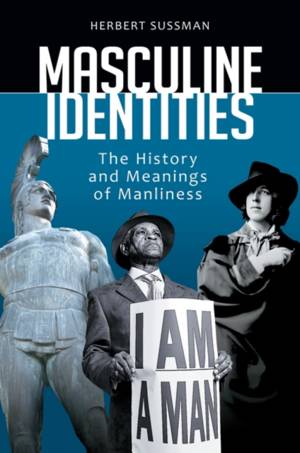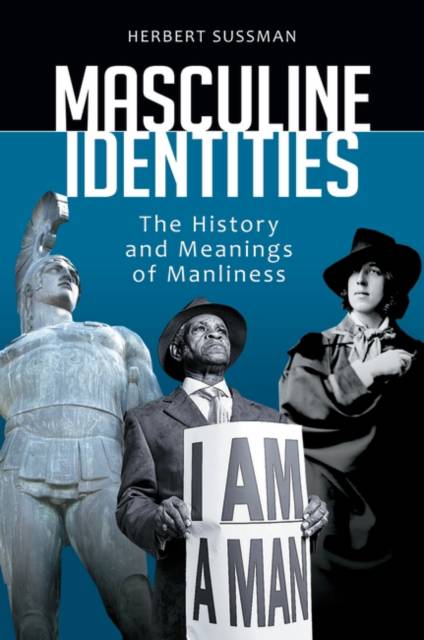
- Retrait gratuit dans votre magasin Club
- 7.000.000 titres dans notre catalogue
- Payer en toute sécurité
- Toujours un magasin près de chez vous
- Retrait gratuit dans votre magasin Club
- 7.000.000 titres dans notre catalogue
- Payer en toute sécurité
- Toujours un magasin près de chez vous
93,45 €
+ 186 points
Description
This book provides an intriguing look at the long history of the changing definitions of what it means to "be a man," identifying both the continuity and disparity in these ideals and explaining the contemporary crisis of masculinity.
In the classical Athens of Plato and Pericles, erotic relations between adolescents and adult men--what we now revile as pedophilia--was the marker of manliness; a clear example of how concepts of masculinity shift. Even within modern western society, there are conflicting ideals for men; they are expected to be both aggressive and unemotional in business, and sensitive and caring as a father and lover. Masculine Identities: The History and Meanings of Manliness provides a comprehensive consideration of what "being a man" has meant over time. A fascinating read for men and women alike, it examines masculine identities that emerged in the past and continue into the present, such as the warrior, the democratic man, the craftsman, the self-made man of business, as well as ethnic forms of manliness. The work concludes by examining the contemporary issues of male sexuality, same-sex identity, and the conflicts within men in the modern world.Spécifications
Parties prenantes
- Auteur(s) :
- Editeur:
Contenu
- Nombre de pages :
- 200
- Langue:
- Anglais
Caractéristiques
- EAN:
- 9780313391590
- Date de parution :
- 14-03-12
- Format:
- Livre relié
- Format numérique:
- Ongenaaid / garenloos gebonden
- Dimensions :
- 157 mm x 239 mm
- Poids :
- 476 g







